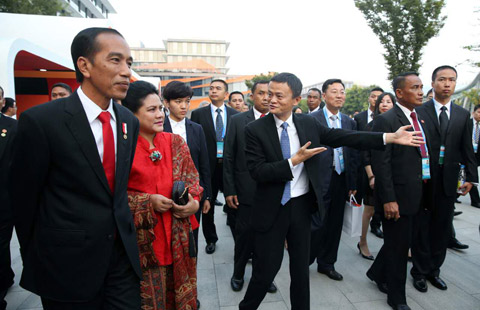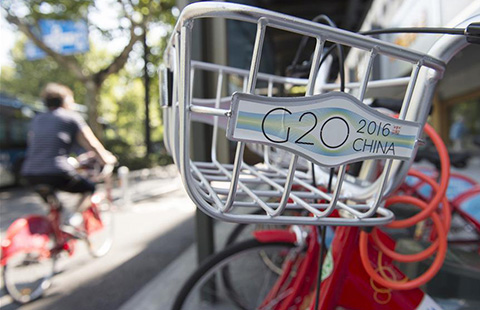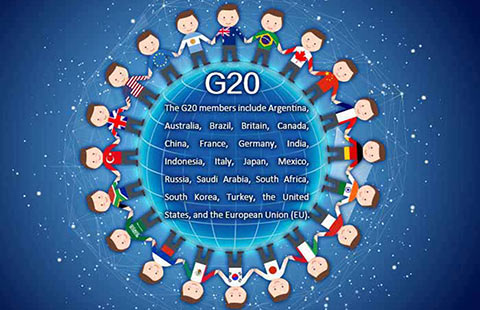China's economic transformation opportunity for China, Germany: BDI chief
(Xinhua) Updated: 2016-09-03 14:54FRANKFURT - The economic transformation in China is an opportunity for both China and Germany, said the chief of the Federation of German Industries (BDI) on Friday.
In a written interview with Xinhua, BDI Director-General Markus Kerber said, "It offers new opportunities also for German companies leading in environment-friendly and resource-efficient production and automation."
According to Kerber, the BDI carefully observes the structural reforms and the ongoing process of economic transformation taking place in China.
"We appreciate the government's aim to move away from quantitative towards more qualitative and sustainable growth. Reform is the only way forward for China," said Kerber.
Kerber pointed out that the German industry does not share concerns about China's catching-up process in terms of competition from Chinese high-tech companies.
"We have close economic relations with other advanced economies and we believe that a high degree of competition is good for all in the long run, given a level playing field," said Kerber.
The BDI is going to open a branch office in Beijing soon. Kerber explained that the office in Beijing is going to be the second office of BDI outside Europe.
Kerber said it was a natural step, "since China today is one of our most important economic partners."
Kerber elaborated that German industry has become more internationalized in past decades, saying "As a business association we thus increasingly have to represent the interests of our industry on an international level."
Kerber maintained that it is vital for the German industry to be able to get a deeper understanding of the developments in China, noting "We are convinced that more dialogue is to the benefit of both industries, in China and in Germany."
The economic partnership between China and Germany has been very successful over the last decades, Kerber commented, adding "Our close economic partnership is also reflected in the investment ties between us."
Kerber said the BDI appreciated that the Chinese investments in Germany and Europe have been catching up rapidly in recent years.
At the same time, Kerber said the BDI trusted in China that it will open up its own markets accordingly now that Chinese investors increasingly capitalize on the high level of openness in Europe.
With regard to the Belt and Road initiative, Kerber said it has a huge potential as it brings much needed investment to Central Asia.
The setting up of the Asian Infrastructure Development Bank is also a welcomed step that goes hand in hand with the Belt and Road initiative. According to Kerber, connecting China more closely with Europe, Southeast and Central Asia, the Middle East and Africa through infrastructure development and the creation of economic corridors will help boost growth in the coming years and will have a long term effect on economic integration.
It might contribute to more stability in the Middle East in the long run. For realizing the initiative's full potential, a transparent, open and inclusive implementation would be welcomed, he said.
- Chinese household appliance innovations show held in Berlin
- Xinjiang simplifies registration to boost startups
- China revises inbound investment laws
- Myanmar-China border trade picks up in 5 months of 2016-17 fiscal year
- China to develop capital markets to boost green financing: researcher
- The world awaits China's G20 solutions
- China's experience in economic development embodies unique wisdom: Saudi prince
- China Southern to expand fleet by 43% by 2020

















